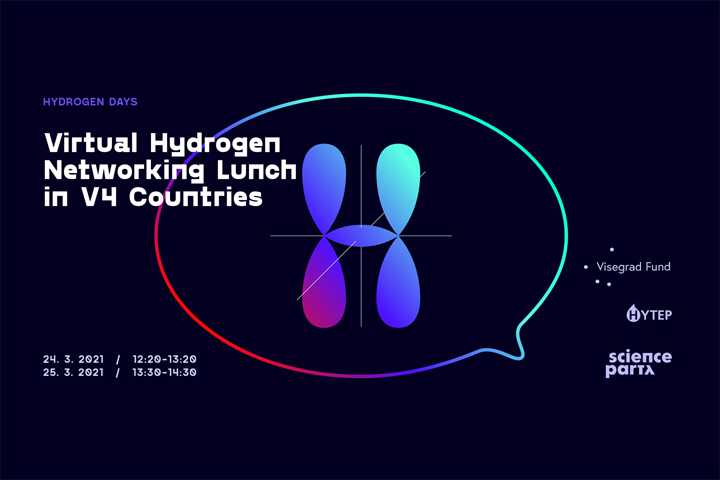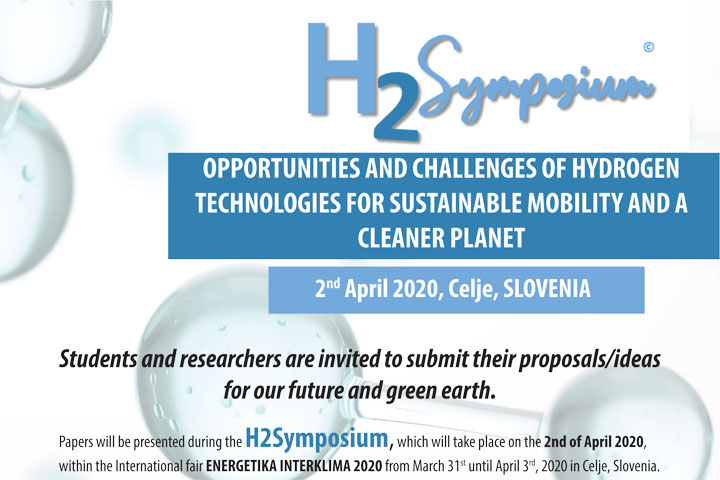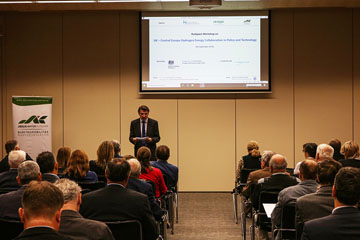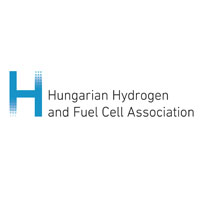What do we want to achieve?
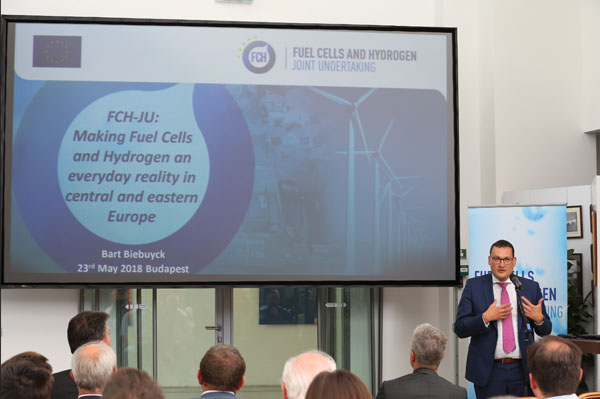
How will we achieve our objectives?
Workshops about hydrogen technologies: status of the H2 technologies and their applications, potential for emission reductions, requirements on legislation and technical standards, European and National Hydrogen Roadmaps, Implementation into Nat. Energy & Climate Plans
Press releases
Promo video about hydrogen technologies


Why do we work on this project?
Members of the EU have agreed to the Paris Climate Agreement to tackle the issues of increasing greenhouse gas emissions. This objective itself possesses a challenge to the individual members of the EU, as they will need to transform their energy, industrial and transportation sector. Abandoning fossil fuels in favour of renewable sources of energy is already imposing problems, as there are currently limited options to store energy for longer periods of time. Hydrogen is a promising solution for all affected sectors as it can serve as an energy vector, either as fuel in the transport sector or for long term storage of excess energy produced by renewable sources. Germany has shown remarkable support for hydrogen, which resulted in 60 public hydrogen refuelling stations that are currently in operation. As of today, there is limited support for hydrogen technologies in the Visegrad countries, one of the underlying reasons is that the government and public have limited information about this technology. In a first Visegrad project in 2016 a network of experts was set-up and since then fostered mainly thanks to the conference Hydrogen Days. On basis of this expert network also the Slovak national hydrogen association was founded in 2018. An outcome of the expert work is this project "Hydrogen technologies for innovative V4". The aim of the project is to inform V4 national decision-makers and the public about the potential of hydrogen technologies and to bring together experts in this field to share their experiences. These activities will pave the way for national long-term strategy for hydrogen technologies. E.g. hydrogen mobility for clean mobility helps to ensure better air quality in cities as well as to reach emission targets.
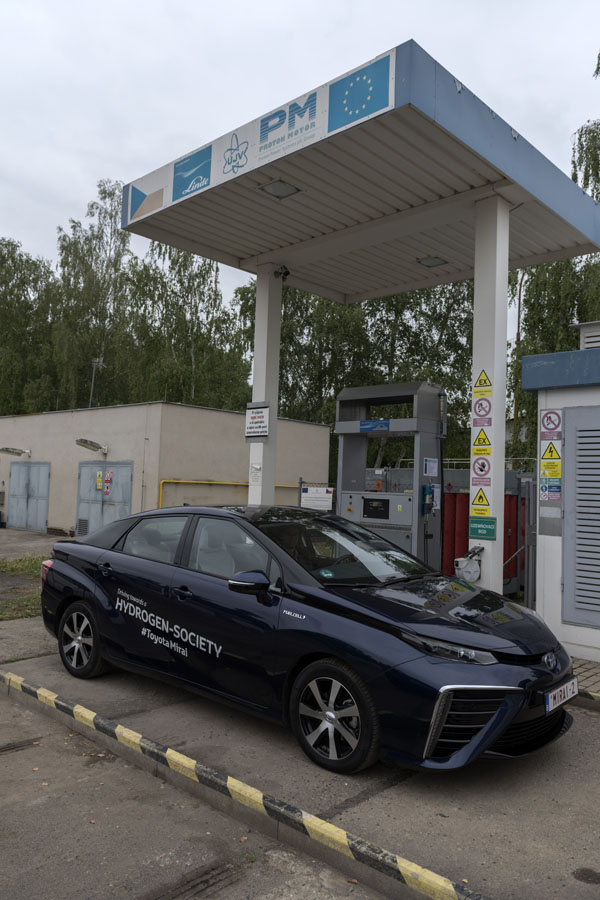
Event calendar
23/9/2019 "Hydrogen Mobility for V4" workshop in Ostrava
26/9/2019 "UK – Central Europe Hydrogen Energy Collaboration in Policy and Technology" workshop in Budapest
30/3/2021 Hydrogen Workshop Považie & Horná Nitra
24-25/3/2021 Virtual Hydrogen Networking Lunch in V4 Countries
25/4/2019 The project „Hydrogen technologies for innovative V4“ has been approved. Project starts at 1/8/2019
Project partners
Czech Hydrogen Technology Association HYTEP (Coordinator)
The Platform‘s mission is to support the development of hydrogen technologies and the implementation of hydrogen economy in the Czech Republic. Further, it contributes to mutual coordination of activities run by bodies developing hydrogen technologies and hydrogen economy both at national and European level.
Department of High Temperature Electrochemical Processes Hi TEP, Institute of Power Engineering
Main tasks of the Department of High Temperature Electrochemical Processes (HiTEP) include research and development of advanced technologies for energy and related sectors. Department brings together expertise in the fields of power engineering, material science, process engineering, and chemistry.
HiTEP uses the global standards in characterization of solid oxide cells (SOC), cooperates with leading European and global institutions, including both academia, researcher and industry.
Hungarian Hydrogen and Fuel-cell Association
http://www.hfc-hungary.org/index.html
The Hungarian Hydrogen and Fuel-cell Association was founded in 2012. The Association is the successor of the Hydrogen and Fuel-cell National Technology Platform (founded in 2008). The Association is a professional non-governmental organization providing support to Hungarian stakeholders connected to hydrogen energy. The Association aims at playing a key role in disseminating information and pursue the development of hydrogen and fuel-cell technologies in Hungary. Members of the Association are mostly Hungarian SME companies, with few multinational companies, institutions and private individuals active in various areas of the hydrogen technology. The Association has been member of Hydrogen Europe since 2016.
Slovak National Hydrogen Association NVSA
NVAS's main activities are focused on providing its members information and technological platform to transfer the experience and know-how from countries where hydrogen technologies and legal framework is more developed to Slovakia.
NVAS through its membership in Hydrogen Europe would like to provide the opportunity for Slovak stakeholders to cooperate and participate on hydrogen projects and together with Slovak government authorities and the experiences gained in similar processes in other Members States create a successful legal framework for hydrogen technologies in Slovakia and to meet all low carbon economy targets.
ÚJV, a.s., Department of Hydrogen Technologies
https://www.ujv.cz/en/products-and-services-1/non-nuclear-energetics/hydrogen-technology
Developments in hydrogen technology focus on applications in power engineering and transport. Our ecological TriHyBus and hydrogen fueling stations have been verified by the traffic in the town of Neratovice. The implementation of the energy surplus storage system from photovoltaic panels to hydrogen in Řež has demonstrated the efficiency of heat and power generation from hydrogen.

